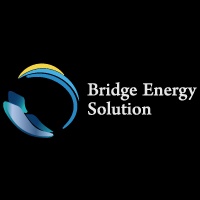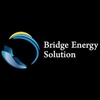
Solar panel inverters play a crucial role in maximizing energy efficiency in residential solar power systems. These devices are responsible for converting the direct current (DC) electricity generated by solar panels into alternating current (AC) electricity, which is used to power household appliances and electronics. Here's how solar panel inverters contribute to optimizing energy efficiency in your home:
1. DC to AC Conversion: Solar panels produce DC electricity, which is not directly usable by most household appliances. Inverters convert this DC power into AC power, ensuring that the energy generated by the solar panels can be effectively utilized throughout your home.
2. Maximum Power Point Tracking (MPPT): Many modern solar inverters are equipped with MPPT technology. This feature allows the inverter to track the maximum power output of the solar panels and adjust the voltage and current levels to achieve the highest possible efficiency under varying weather and shading conditions. As a result, the system can extract the most energy from the sun and deliver it to your home.
3. Grid-Tied Inverters and Net Metering: Grid-tied inverters, commonly used in residential solar systems, enable homeowners to connect their solar panels to the utility grid. Excess solar energy generated during sunny periods can be fed back into the grid, earning credits or compensation through net metering programs. This incentivizes energy conservation and ensures efficient utilization of generated electricity.
4. Monitoring and Data Insights: Many modern inverters come with monitoring capabilities, allowing homeowners to track real-time and historical energy production. By analyzing this data, homeowners can identify patterns, adjust energy consumption behaviors, and optimize energy usage to reduce waste and enhance efficiency.
5. Smart Grid Integration: Advanced inverters support smart grid integration, enabling seamless communication between the solar system, utility company, and other smart devices in the home. This integration allows for dynamic adjustments in energy consumption based on grid demands and pricing, further enhancing energy efficiency.
In conclusion, solar panel inverters play a critical role in maximizing energy efficiency in residential solar power systems. By converting DC to AC power efficiently, implementing MPPT technology, enabling grid-tied capabilities, and providing data insights, these inverters ensure that solar energy is harnessed and utilized optimally in your home, contributing to reduced electricity costs and a more sustainable lifestyle.


No comments yet